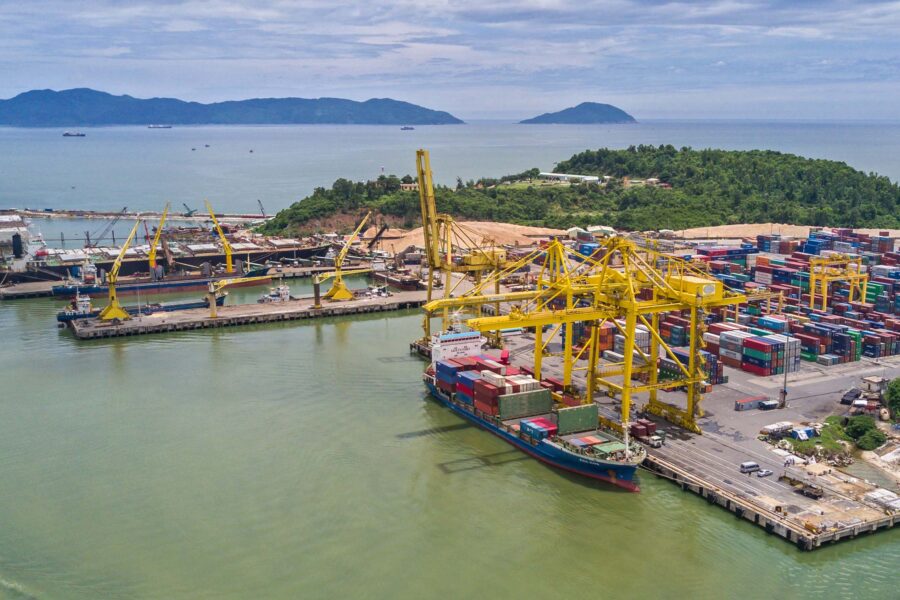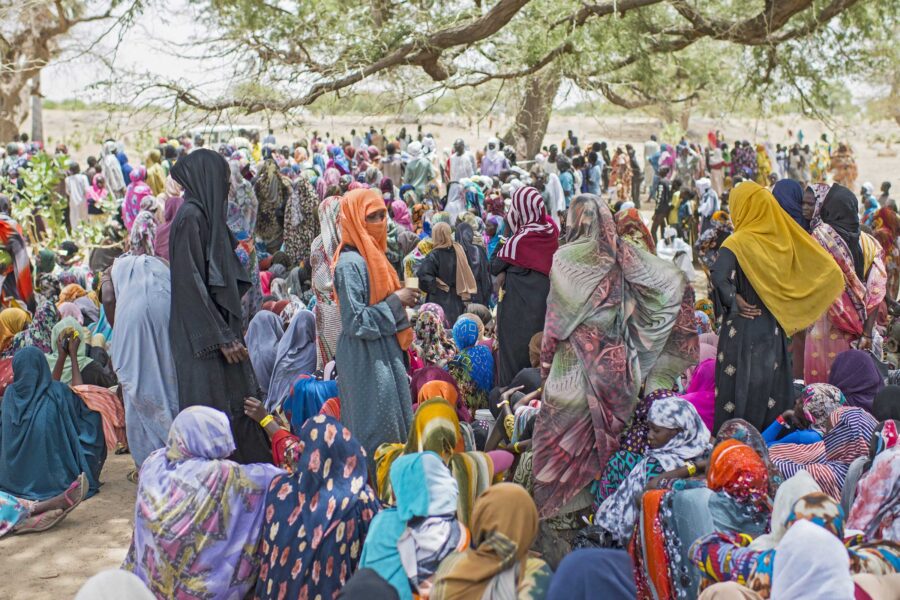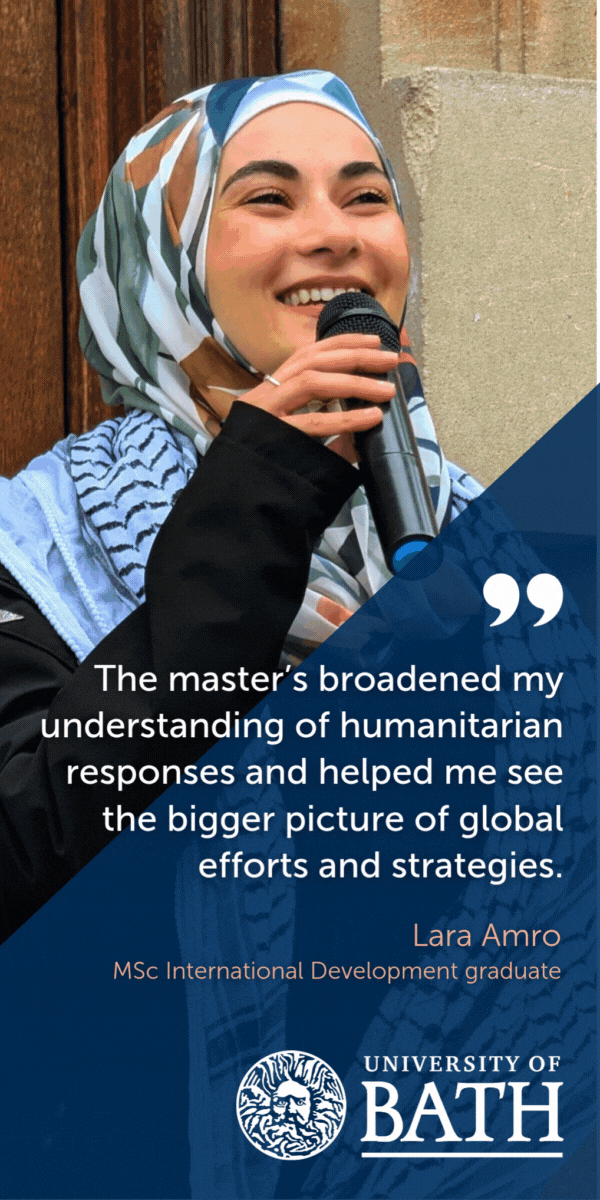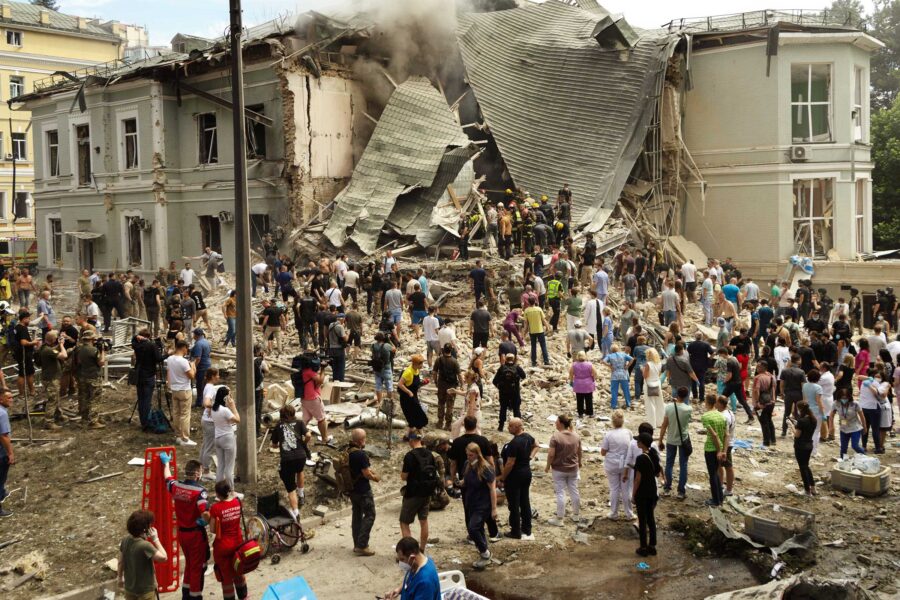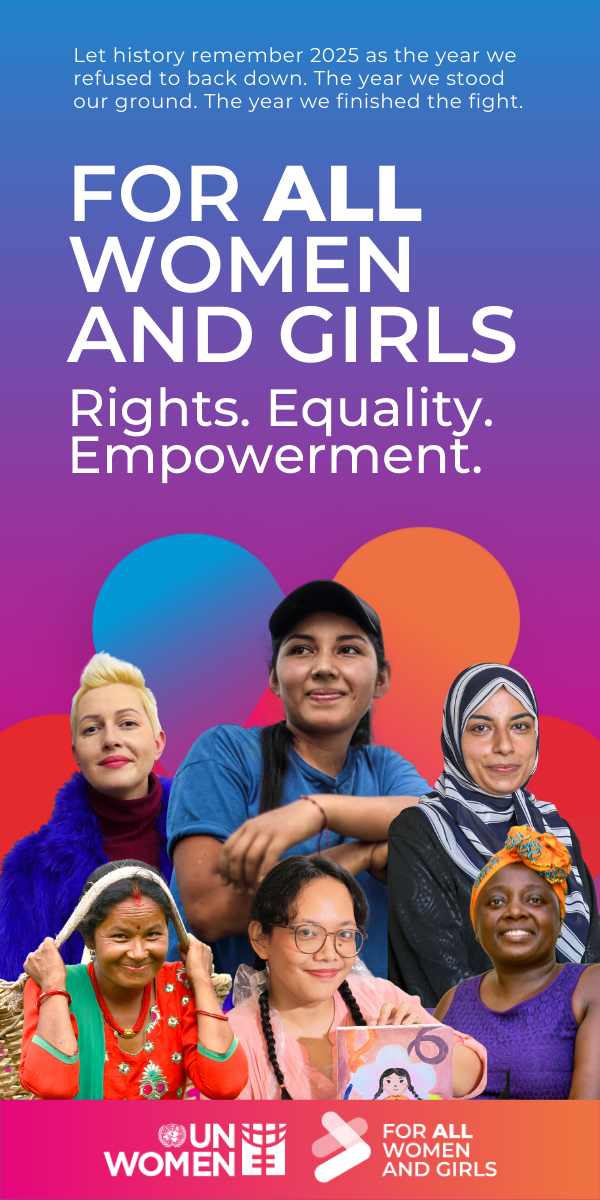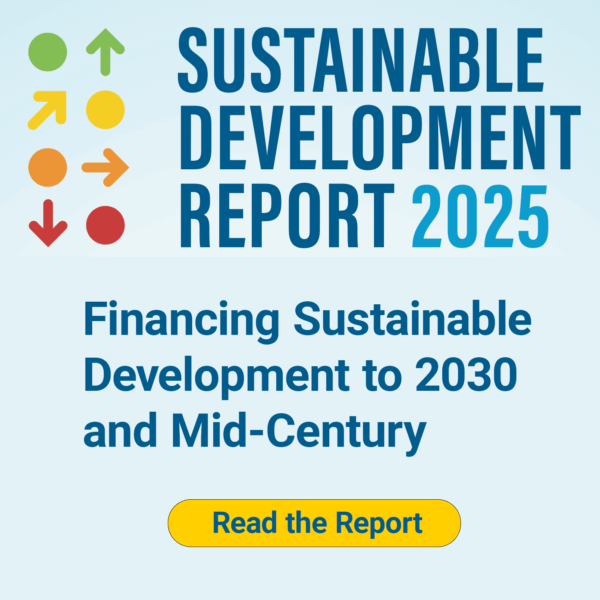We must get trade right for sustainable development
Europe, Global
Trade has the power to drive sustainable development – but only if the global system is fair. As rising tariffs and unequal rules threaten progress, countries must seize the chance to reimagine trade in support of people and planet

